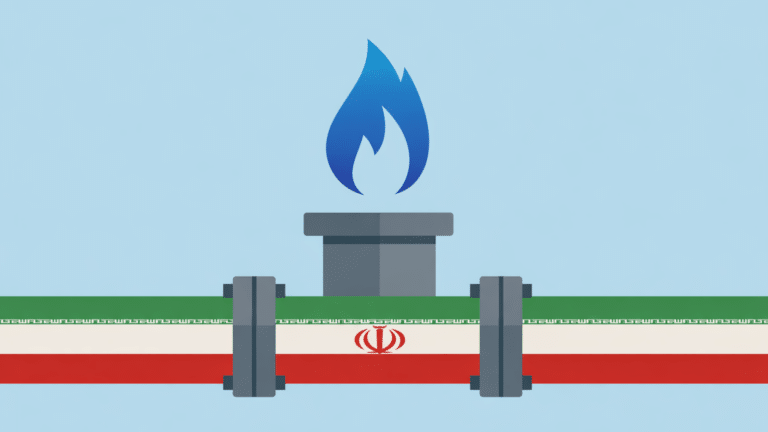Индия под давлением США более чем вдвое сокращает импорт сырья из России
ÐоÑле наÑала Ð²Ð¾Ð¹Ð½Ñ ÐÐ½Ð´Ð¸Ñ ÑÑала не ÑолÑко одним из кÑÑпнейÑÐ¸Ñ Ð¿Ð¾ÐºÑпаÑелей ÑоÑÑийÑкой неÑÑи, но и Ñ Ð°Ð±Ð¾Ð¼ Ð´Ð»Ñ ÑеÑкÑпоÑÑа Ñделанного из ÑоÑÑийÑкого ÑÑÑÑÑ Ñоплива в ÐвÑопÑ. Ðменно индийÑкий ÑпÑÐ¾Ñ Ð´Ð¾Ð»Ð³Ð¾Ðµ вÑÐµÐ¼Ñ Ð¿Ð¾Ð·Ð²Ð¾Ð»Ñл РоÑÑии адапÑиÑоваÑÑÑÑ Ðº ÑанкÑиÑм. ÐÑÑмо ÑейÑÐ°Ñ Ð¿Ð¾Ð´ давлением ÐоналÑда ТÑампа поÑок ÑÑÐ¸Ñ Ð±Ð°ÑÑелей наÑÐ¸Ð½Ð°ÐµÑ Ñезко иÑÑÑкаÑÑ â напÑимеÑ, в ÑнваÑе неÑÑегазовÑе Ð´Ð¾Ñ Ð¾Ð´Ñ Ð² годовом вÑÑажении обвалилиÑÑ Ð²Ð´Ð²Ð¾Ðµ.
















